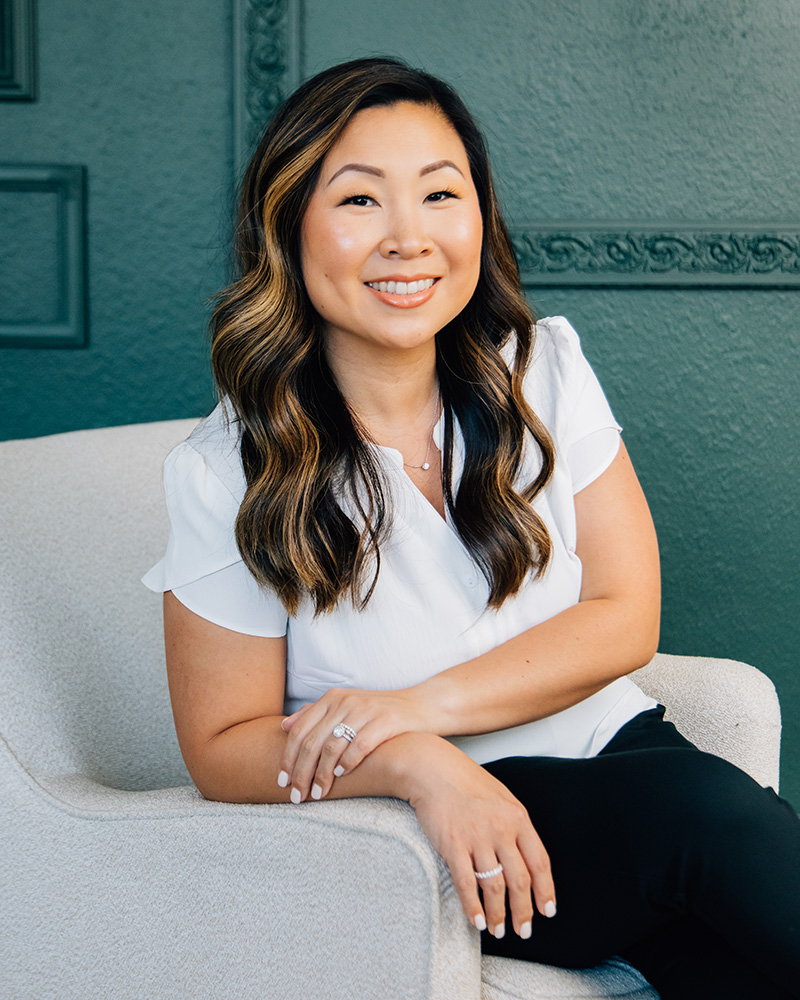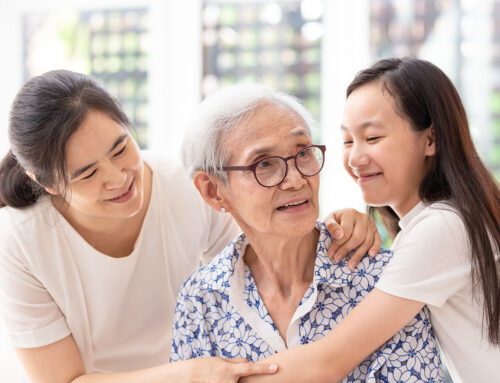
The holiday season is often portrayed as a time of joy, togetherness, and celebration. For many, it’s a time to reconnect with loved ones, enjoy festive meals, and reflect on the year. However, for individuals, the holidays can also bring a complex mix of emotions, challenges, and even stress. Navigating the demands of family, cultural expectations, and personal well-being can be overwhelming, especially when balancing the traditions of one’s heritage with the realities of modern life.
If you find yourself struggling during this season, you are not alone. In this blog post, I will explore some common challenges faced during the holidays and provide tips for coping with the pressures, embracing cultural traditions, and prioritizing mental health.
Cultural Expectations and Family Dynamics
Family plays a significant role in many cultures, and the holidays are often seen as an opportunity for family gatherings. While these events can bring joy, they may also come with expectations that can feel really heavy. For some, this may include pressure to adhere to traditional customs, discuss academic or career pursuits, or fulfill familial roles in a certain way.
Tip: Setting boundaries is essential. It’s okay to acknowledge that some family expectations may not be realistic or healthy for you. Communicate with your loved ones about what feels manageable for you, and find ways to stay connected without compromising your mental health. It may help to approach these conversations with compassion and understanding, emphasizing how you value family traditions but need to balance them with self-care.
Generational and Cultural Gaps
Many individuals are navigating the experience of being part of two cultures—the culture of their family of origin and the culture of the country they are living in. This can sometimes lead to tension, as different generations may hold different views on traditions, values, and even how the holidays should be celebrated. Children of immigrant parents may struggle to balance their parents’ cultural expectations with their desire to integrate more fully into mainstream society.
Tip: It’s okay to embrace both aspects of your identity. Finding ways to celebrate the holidays that honor your heritage while incorporating your own preferences can help create a space that feels authentic. For example, try blending traditional foods with more contemporary dishes, or adapt holiday customs in a way that feels meaningful to you.
Trauma and Emotional Baggage
For some individuals, the holidays may also trigger feelings of grief, loss, or unresolved trauma. This can include trauma related to immigration experiences, displacement, racial discrimination, or past family conflicts. These emotional wounds can feel especially poignant during a time that is culturally associated with family togetherness and celebration.
Tip: Acknowledge that it’s okay to not feel “festive” during the holidays. If you are carrying emotional baggage, it’s important to give yourself permission to feel whatever emotions arise. Practicing mindfulness, meditation, or seeking support through therapy can help you process these feelings. It may also be helpful to carve out time for reflection or self-care—whether that means taking a walk, journaling, or engaging in activities that help ground you.
The Impact of Racial and Cultural Stereotypes
In some instances, individuals may face microaggressions or culturally insensitive remarks from others during the holidays. Whether it’s casual comments about your culture, expectations to perform based on stereotypes, or even exclusion from mainstream celebrations, these experiences can contribute to stress and a sense of alienation.
Tip: It’s important to be gentle with yourself in these moments. While you may not be able to control how others behave, you can control how you respond. Set boundaries where necessary, and seek support from friends or loved ones who understand and validate your experiences. Connecting with others in your community can help foster a sense of belonging and reinforce your cultural pride.
Prioritizing Your Mental Health
Amidst all the festivities and familial obligations, it’s easy to neglect your own mental health during the holidays. For members especially in the AAPI community, the desire to maintain peace and meet others’ expectations can sometimes lead to burnout, anxiety, and even depression. It’s important to recognize the signs of emotional exhaustion and take proactive steps to prioritize your well-being.
Tip: Self-care is not selfish—it’s necessary. Whether it’s taking time for yourself, seeking therapy, or engaging in mindfulness practices, make sure you are giving yourself the space to recharge. The holiday season can feel overwhelming, but by prioritizing your mental health, you can show up for your loved ones in a healthier, more balanced way.
Seeking Support When Needed
If you find the holiday season especially challenging, it’s okay to seek help. Therapy can be an invaluable tool for processing difficult emotions, understanding family dynamics, and navigating cultural expectations. As a therapist who works with individuals from the AAPI community, I understand the unique struggles you may face during this time of year and offer a safe, non-judgmental space to talk about your experiences.
If you are feeling overwhelmed or unsure about how to cope with the holidays, therapy can help you develop healthy coping mechanisms, strengthen your emotional resilience, and navigate family interactions with more ease.
The holidays are a time of celebration, but they can also be a time of complex emotions, especially for those in the AAPI community. By acknowledging the unique challenges you face and taking steps to care for yourself, you can navigate this season with greater peace and balance. Remember, it’s okay to prioritize your well-being, set boundaries, and seek support when needed. You deserve to enjoy the holidays in a way that feels authentic and nourishing for you.
If you’re finding the holidays particularly challenging this year, I encourage you to reach out and explore how therapy can support you during this time. Together, we can work to create space for healing and emotional resilience, no matter what this season brings.
Share This Story!
Angela Confaloni, LMFT is a Licensed Marriage and Family Therapist based in Orange, California, providing online therapy to moms, the AAPI community and adults going through life transitions.





